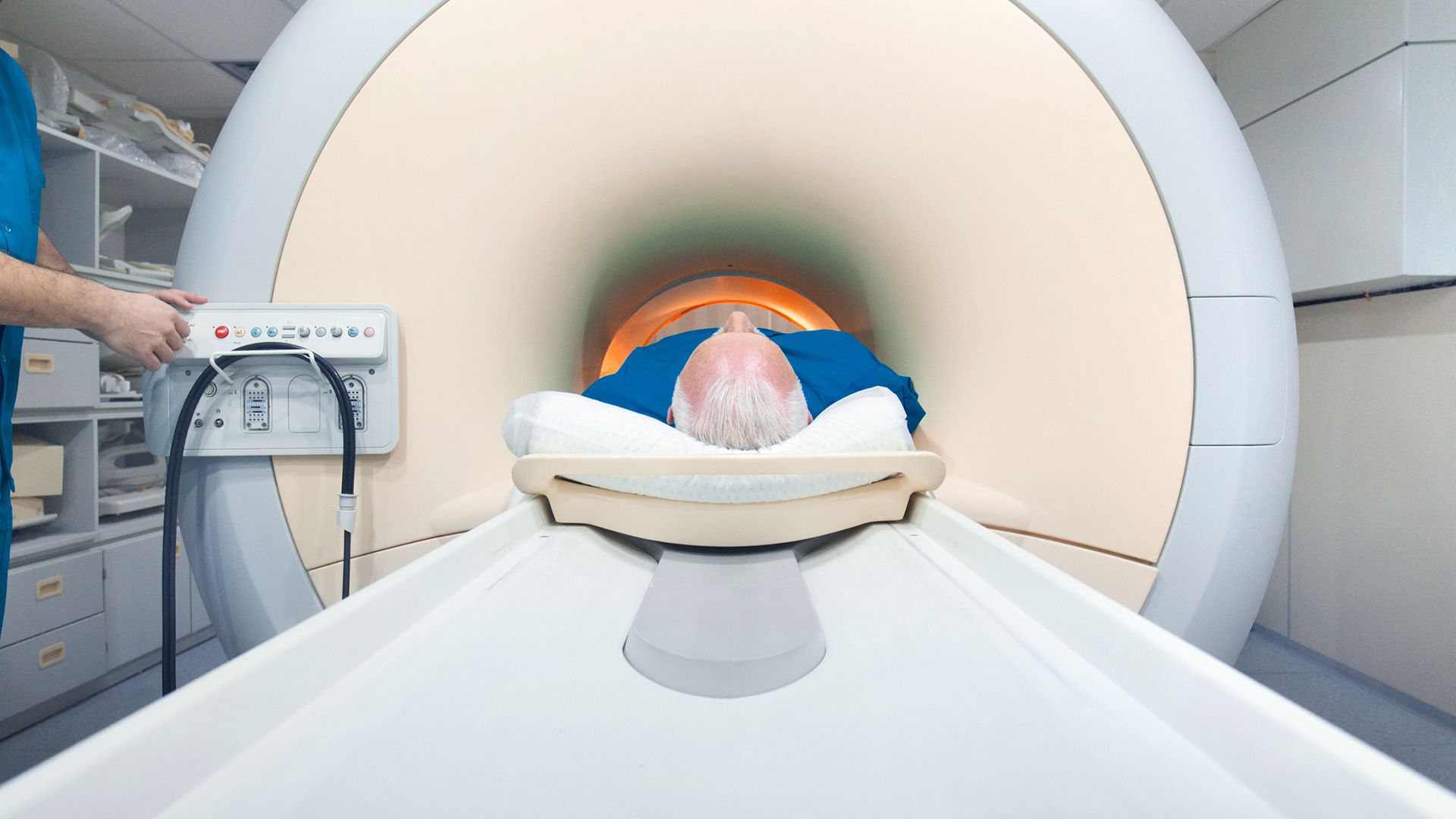Caring for a loved one with lung cancer can be a difficult, stressful job, which is why many families who are affected by lung cancer look to hiring an at-home healthcare provider, such as a visiting nurse. Having a nurse or other healthcare provider that visits the home can help provide better care for the patient, and help ease the stress on family members or friends that are acting as caregivers.
What are the options for at-home healthcare?
At-home nursing care is exactly what it sounds like—a registered nurse (RN) visits the home to provide care and perform many of the job functions that a nurse in a hospital setting would provide. Visiting nurses can supervise or administer medicines, help manage the side effects of chemotherapy or other treatments, help with pain management, offer support and perform many other tasks. Visiting nurses are a good choice for families with a patient who has been discharged from the hospital, but still requires the care of a medical professional. A visiting nurse may work with a certified nurse assistant (CNA) depending on how the type of care a patient needs.
Home health aides (HHAs) are another option. HHAs provide assistance with the everyday things that can be a challenge when living with lung cancer or another illness. They can help patients stay on medication schedules, assist with everyday tasks, eat meals and also monitor vital signs such as blood pressure. An HHA might be a good option if your loved one does not require the level of care provided by an RN, but whose care still requires a significant amount of time and effort.
If your loved one with lung cancer mostly needs help with housekeeping, preparing meals and companionship, you may want to consider a personal care aide, who can help with all of those tasks, but does not have the medical training of an RN, CNA or HHA.
At-home healthcare can also include physical and occupational therapists, speech therapists and volunteers from local organizations who offer support and help around the home.
Tips for finding at-home healthcare
If you and your loved ones are thinking of utilizing the services of at at-home healthcare provider, these are some factors that you should consider:
- Consider the cost. At-home healthcare can be expensive. You’ll need to research how much it costs and how much of that cost is covered by insurance.
- Make sure your loved one is on board. The decision to use an at-home healthcare service should be made as a family, including the person living with cancer. It is important that your loved one is onboard with the idea of a healthcare provider visiting their home and willing to be cooperative about the things they will need help with.
- Determine the level of care needed. As described above, there are different levels of care available, and it is important to determine exactly what your loved one needs.
- Ask for a recommendation. Ask your loved one’s healthcare provider or hospital case manager if there is a service they recommend.
- Do your research. Contact potential home healthcare services and make sure they provide the type of care that you are looking for and that they have staff members experienced with the type of care your loved one needs. If possible, visit their office and meet with the person who will be providing care in your home ahead of time.





